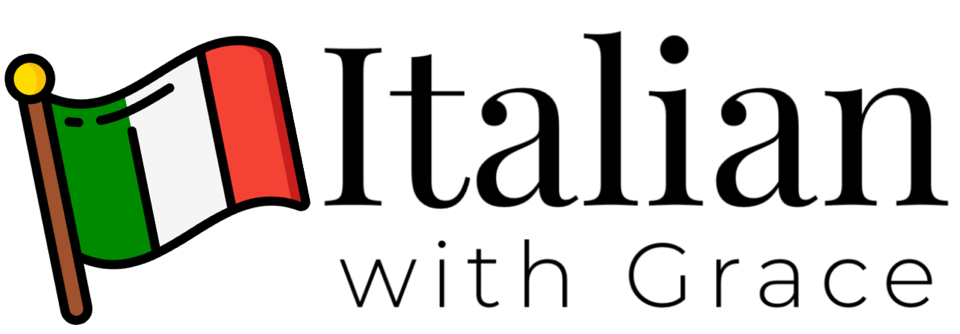Congiunzioni e connettivi
Conjunctions and connectors

* when followed by a word beginning with a vowel it may change into ed to help pronunciation, e.g. 'tu ed io' (you and I)
* after prima / dopo Italian uses an infinitive form (simple or compound), not use a gerundio.
* Perché indicates a cause and it can't be used to introduce a sentence, unless it is a question.
On the other hand, poiché introduces a cause and it can also be at the beginning of a sentence (like since in English).
On the other hand, poiché introduces a cause and it can also be at the beginning of a sentence (like since in English).
* When used as purpose connectors, affinché and perché usually require the congiuntivo (they derive from 'che').
* Però is slightly more adversative than ma.
Used at the end of the sentence it gives a 'though' meaning, e.g. è un bel posto però (it's a nice place, though).
Però can be also used as a freestanding word for expressing surprise or impression, e.g. if your friends hit the lottery, you could say 'però!' (with the right intonationa and facial expression).
Used at the end of the sentence it gives a 'though' meaning, e.g. è un bel posto però (it's a nice place, though).
Però can be also used as a freestanding word for expressing surprise or impression, e.g. if your friends hit the lottery, you could say 'però!' (with the right intonationa and facial expression).
* Come se requires a congiuntivo imperfetto.
